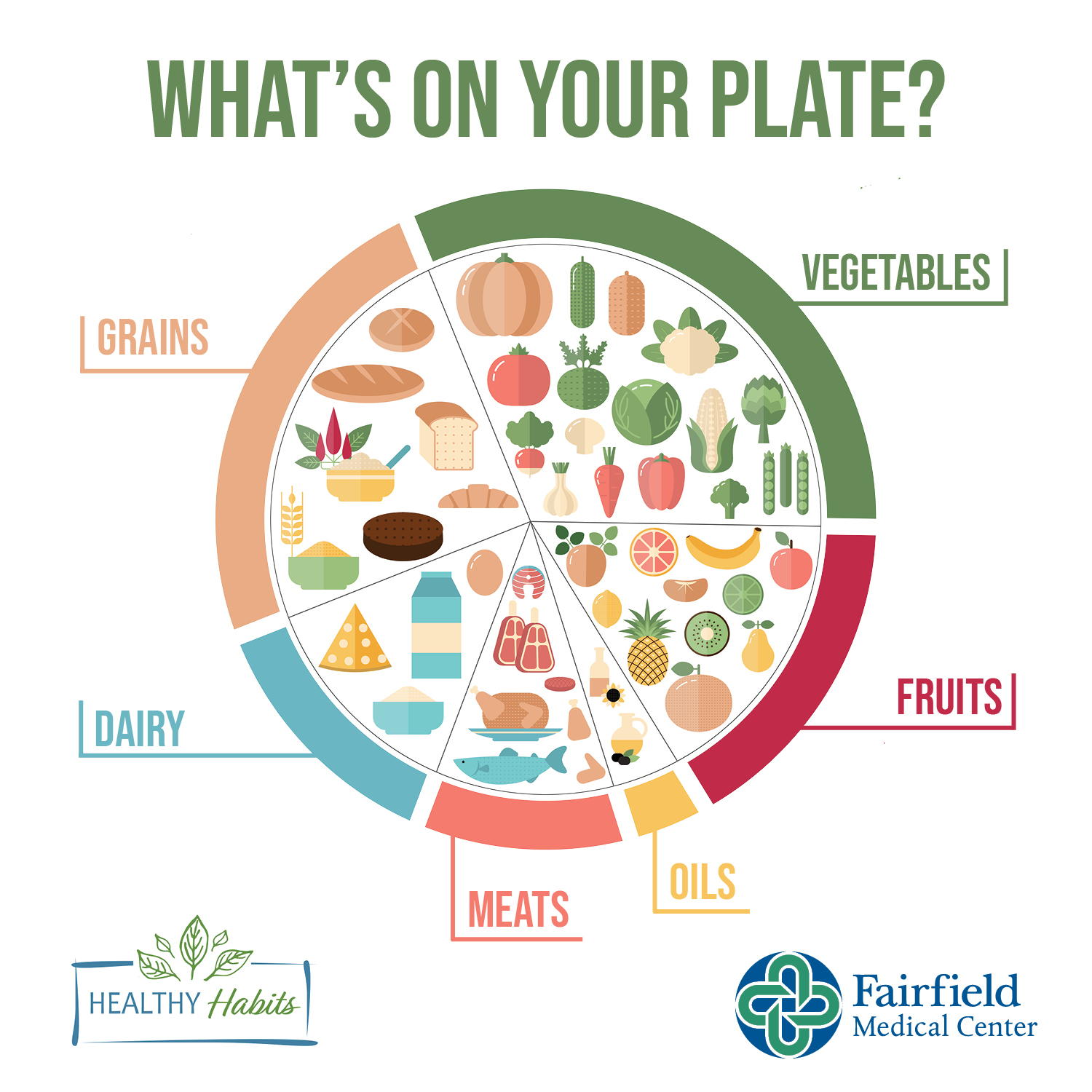C155C Chronicles
Exploring the latest trends and insights.
Eating Right Without Losing Your Mind
Discover how to eat right without the stress! Transform your meals and mindset for a healthier, happier you. Click for simple tips!
7 Simple Tips for Healthy Eating Without the Stress
Eating healthy doesn't have to be a daunting task. With a little planning and a positive mindset, you can incorporate nutritious foods into your diet without feeling overwhelmed. Here are 7 simple tips for healthy eating that can help you make better choices while keeping the stress at bay:
- Plan your meals: Take time at the beginning of the week to outline your meals. This not only saves time but also reduces the impulse to grab unhealthy options on busy days.
- Prep in advance: Prepare your meals or ingredients ahead of time. Chopping vegetables or cooking grains in bulk makes healthy eating more accessible during the week.
- Stay hydrated: Drinking enough water is crucial for a healthy diet. Often, feelings of hunger can be confused with thirst, so keep a water bottle handy!
- Practice portion control: Easily manage your food intake by using smaller plates and being mindful of serving sizes. This can help create a sense of moderation.
- Choose whole foods: Focus on incorporating whole, unprocessed foods such as fruits, vegetables, lean proteins, and whole grains into your meals.
- Listen to your body: Pay attention to hunger and fullness cues. This practice encourages mindful eating, which promotes healthier choices.
- Be flexible: Life can get busy, and it's okay to indulge occasionally. Maintain a balanced perspective on eating to keep stress at bay.

How to Meal Plan: A Mindful Approach to Eating Right
Meal planning can be a transformative process that not only streamlines your weekly grocery shopping but also promotes a mindful approach to eating right. To start, begin by assessing your nutritional needs and preferences. Consider creating a weekly schedule that includes a mix of protein, whole grains, and vegetables. For example, you might choose to plan three meals and two snacks per day, ensuring a balance of macronutrients. Use a calendar or an app to jot down meals you want to prepare, ensuring they align with your health goals.
Once you've mapped out your meals, preparation is key. Take a day to cook in bulk, making use of your ingredients to save time throughout the week. Consider employing techniques like batch cooking or meal prepping, where you can cook large portions and store them in containers for easy access. This not only reduces food waste but also helps you remain committed to your mindful eating journey. Remember, the goal of meal planning is to cultivate a healthier relationship with food, fostering conscious choices that nourish your body.
What to Do When Healthy Eating Feels Overwhelming?
When healthy eating feels overwhelming, the first step is to simplify your approach. Start by breaking down your meals into manageable components. Focus on whole foods like fruits, vegetables, whole grains, and lean proteins. Consider creating a basic meal plan for the week, which can help streamline your grocery shopping and reduce decision fatigue. Additionally, taking small, gradual steps toward incorporating healthier options can make the transition less daunting. For instance, aim to add one extra serving of vegetables to each meal or replace sugary snacks with fruits.
Another effective strategy is to practice mindfulness when it comes to eating. This means being present during meals and tuning in to your body's hunger cues. Instead of restrictive diets, embrace a flexible approach that allows for occasional indulgences without guilt. You might also want to consider joining a support group or seeking guidance from a nutritionist who can help tailor a plan that works for your lifestyle. Remember, the goal is to cultivate a sustainable relationship with food that promotes well-being rather than stress. With time and patience, healthy eating can become a more enjoyable part of your daily life.